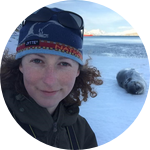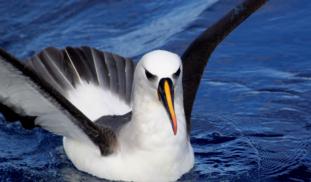93
0
0
Like?
Please wait...
About This Project
Endangered albatrosses and other seabirds are accidentally killed in longline fisheries around the world. In the Brazilian fleet we want to test Hookpods, a new technology, designed to safely deploy hooks, so they cannot be ingested by birds. We also want to test new reusable LED lights, to replace single use light sticks that are currently disposed of in the oceans in vast numbers every day contributing to marine pollution.

Browse Other Projects on Experiment
Related Projects
Highly-sensitive, real-time enzyme methane oxidation rate measurements using an electrochemical assay
A low-cost, rapid, and highly sensitive assay is needed to measure methane gas oxidation rates by methane...
Engineering of a suction cup stethoscope for non-invasive monitoring of physiological sounds in baleen whales
Baleen whales are large-bodied predators that, despite their critical role in marine ecosystems, our understanding...
Building a better fish: Engineering fish for smarter aquaculture
What if we built a better fish instead of depleting wild fisheries? Natural stocks can’t keep up with demand...

